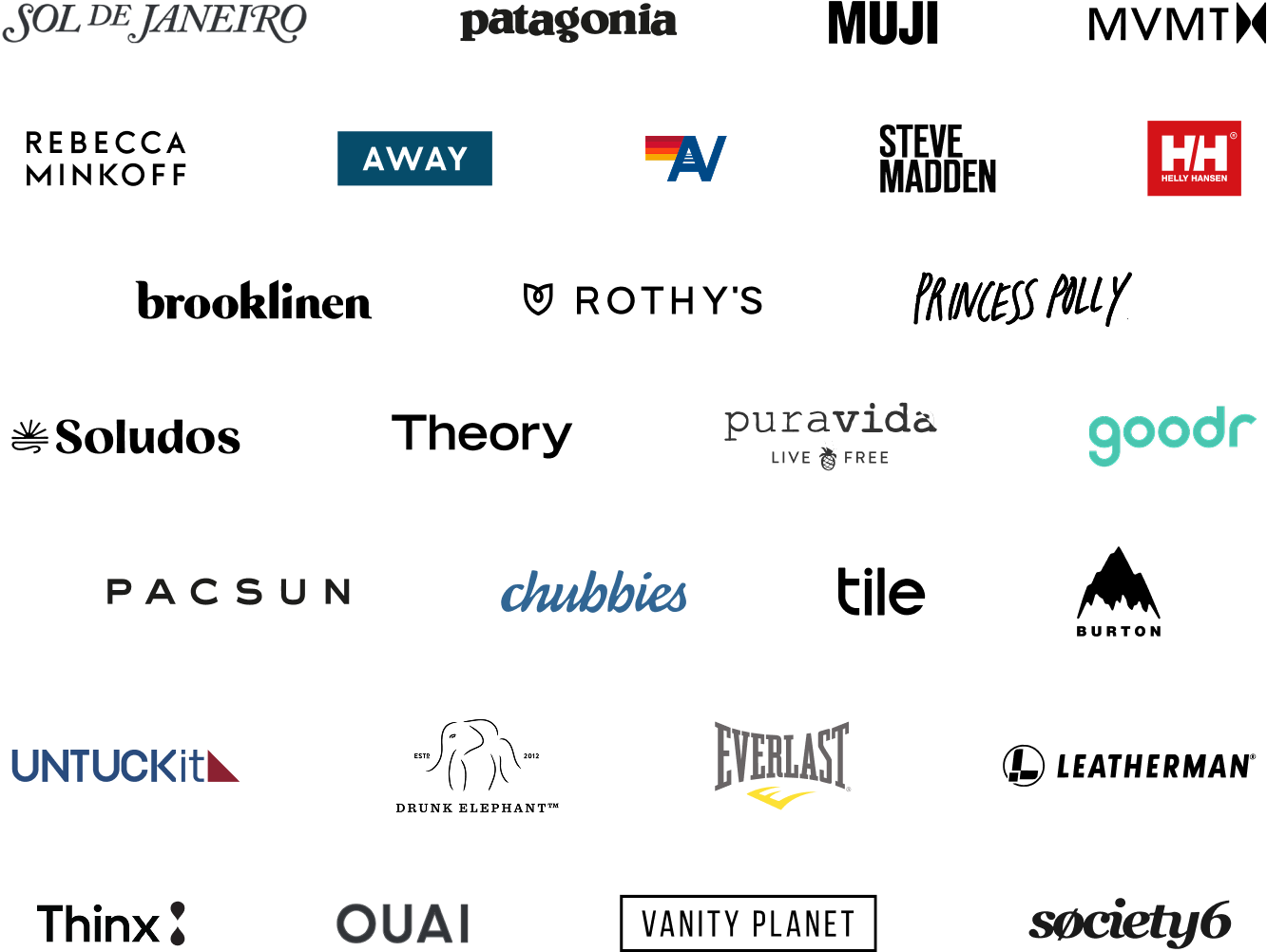With Shopify’s announcement that US merchants can now sell CBD products on its platform, brands across the country have a new opportunity to tap into an industry set to reach $22 billion by 2020.
For the uninitiated, CBD is cannabidiol, derived from the hemp plant and used in a range of products from pain relief creams to dietary supplements, cosmetics, and more. With its meteoric rise in popularity, it’s an industry ripe for eCommerce takeover.
However, even though hemp-based products are in high demand, navigating in this space can be tricky, and brands are taking creative approaches to growing their business. Like all direct-to-consumer brands, those selling CBD products can turn their Shopify stores into a massive success by being smart about their marketing strategy and encouraging existing customers to spread the word.
1) Turn your best customers into your biggest advocates
Most shoppers would rather buy a product recommended by a friend or family member, and 60% of loyal customers recommend the brands they love. So, with the odds in your favor, the smartest thing to do for your CBD brand is set up a referral program.
You can add the option to refer directly onsite, so shoppers can share as they checkout, or you can send a post purchase email promoting referrals. By incentivizing referrals — offering 15% off for referrer and referee, for example — you not only encourage the natural phenomenon of word-of-mouth marketing, but you also have control over the acquisition cost and don’t have to go through traditional advertising channels.
Make sure shoppers have to option to share referral links privately, since the one-to-one effect really makes a difference. A personal link sent through Facebook Messenger or email is up to 15x more effective than just posting it on Facebook or another social platform.
Once a customer refers a friend, the benefits continue to grow: the LTV of a referred customer tends to be 3x higher than that of an average shopper, since they feel more connected to the brand from the get-go.
2) Start small on social
Influencers are your friends when traditional social advertising is not. But it’s not just any influencer who can bring high-intent traffic to your CBD store. Look for micro-influencers who post unique, high-quality content and whose followers are engaged. CBD products are often highly personal, and when influencers have hundreds of thousands of followers, the experiences they share with those products are unlikely to resonate as deeply across such a broad follower base.
Once you have a few micro-influencers who love your products, make sure you nurture those relationships. Treating your influencers like friends rather than business opportunities helps strengthen their connection to your brand and encourages them to create better, more engaging content.
3) Become a source of information
Despite the hype, CBD is very much an emerging industry. People are looking for educational materials, testimonials, and general information about CBD and how they can use it.
Turn your website into a destination for new-to-CBD shoppers by creating a blog with articles both about your products and CBD in general, add detailed written content as well as photos and videos to product pages, and consider sending out an email newsletter. The more you turn your site into a trusted source, the more inspired shoppers will be to check out your products, and the more confident they’ll be when they set out to purchase.
What’s next for CBD?
With Shopify’s exciting announcement and these marketing tips, CBD brands are poised to be the next big thing for eCommerce. The brands that will come out on top will be the ones creating customer experiences that not only amplify marketing efforts through word-of-mouth, but also serve as a destination for consumers, from initial education to post-purchase.














 Join a free demo, personalized to fit your needs
Join a free demo, personalized to fit your needs